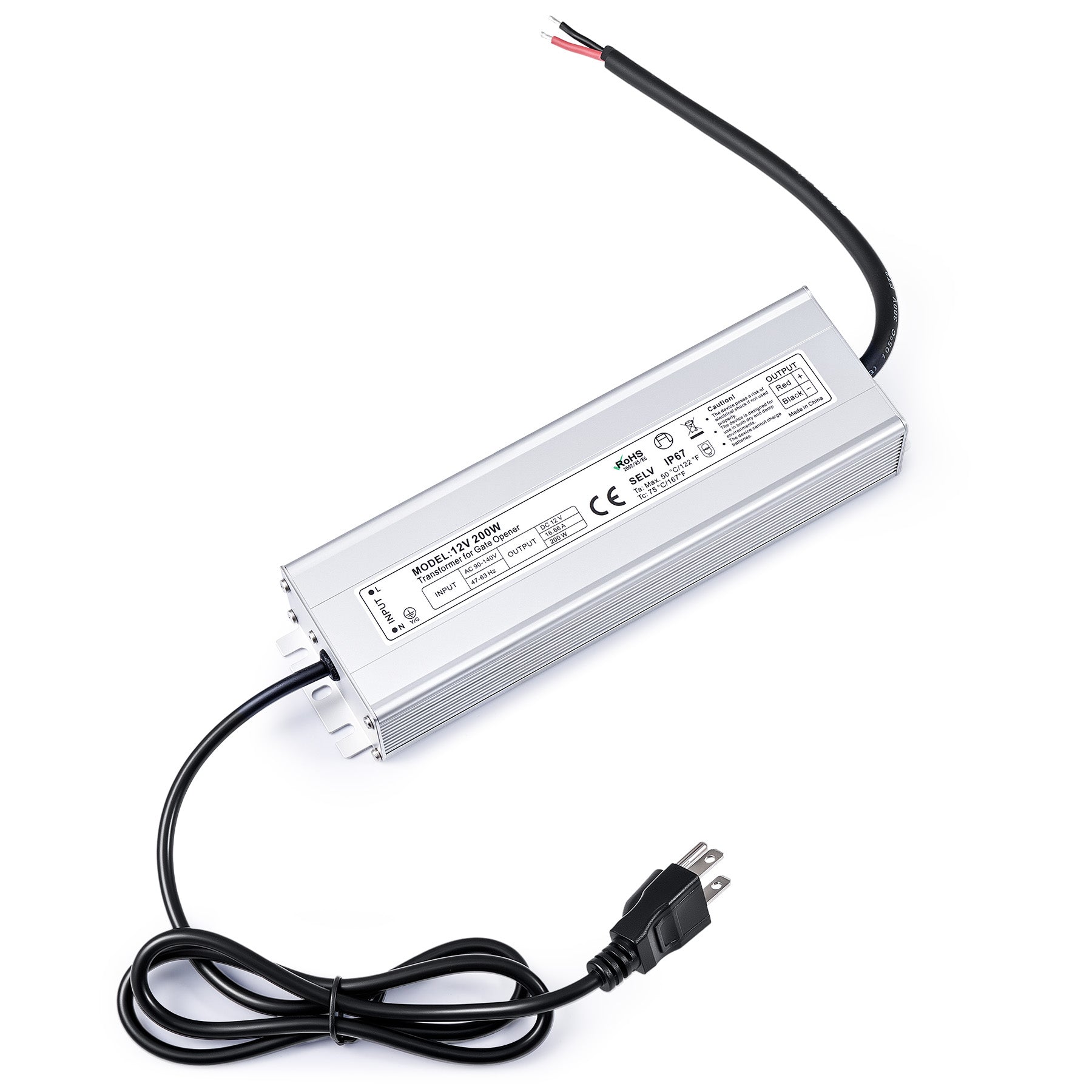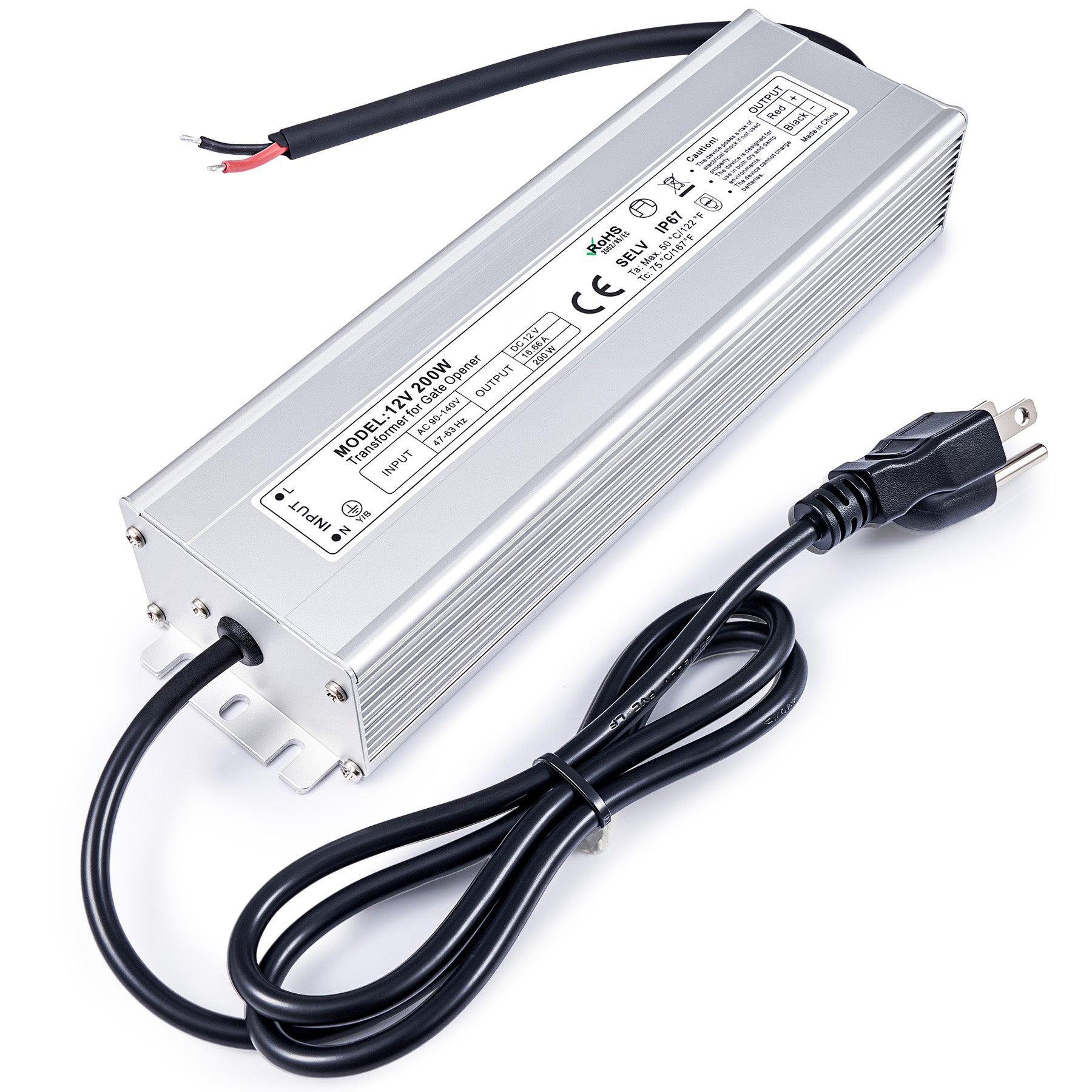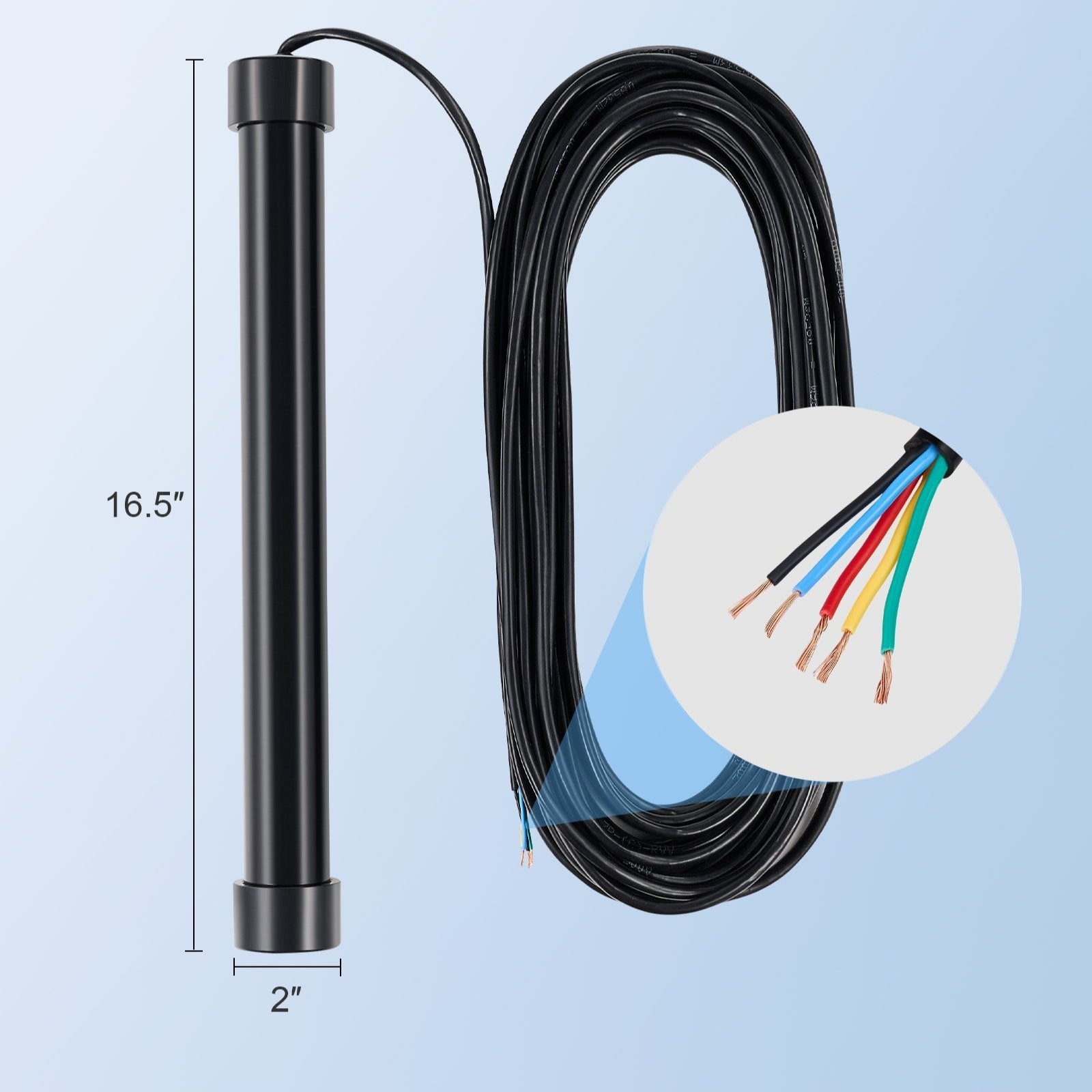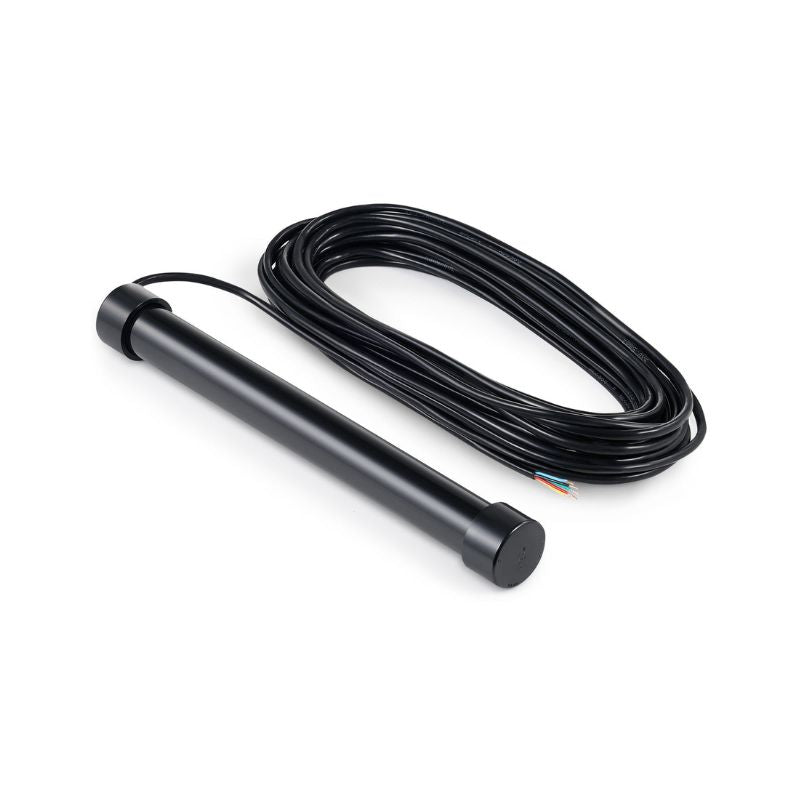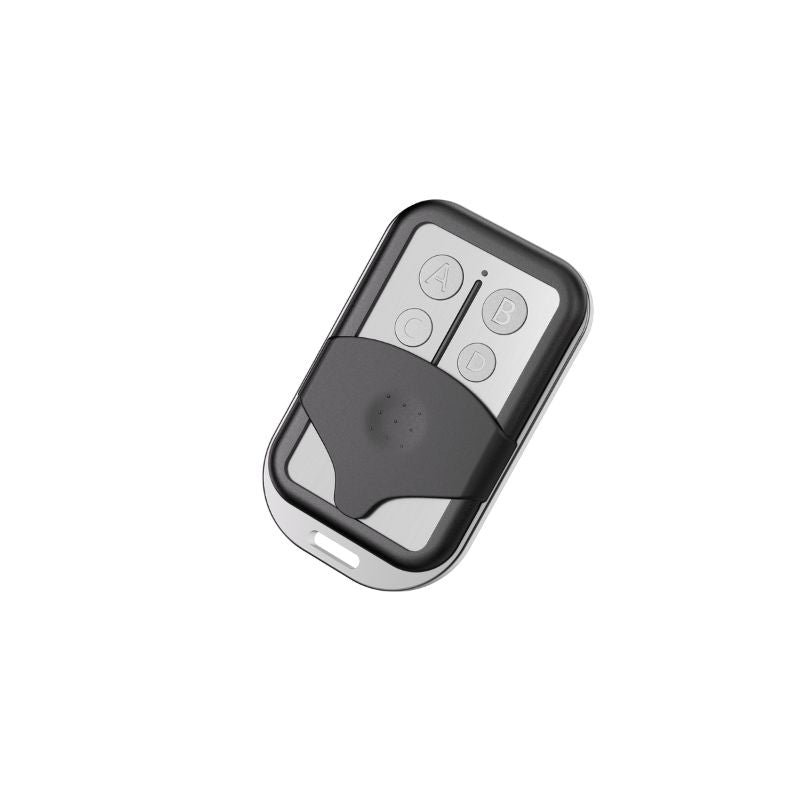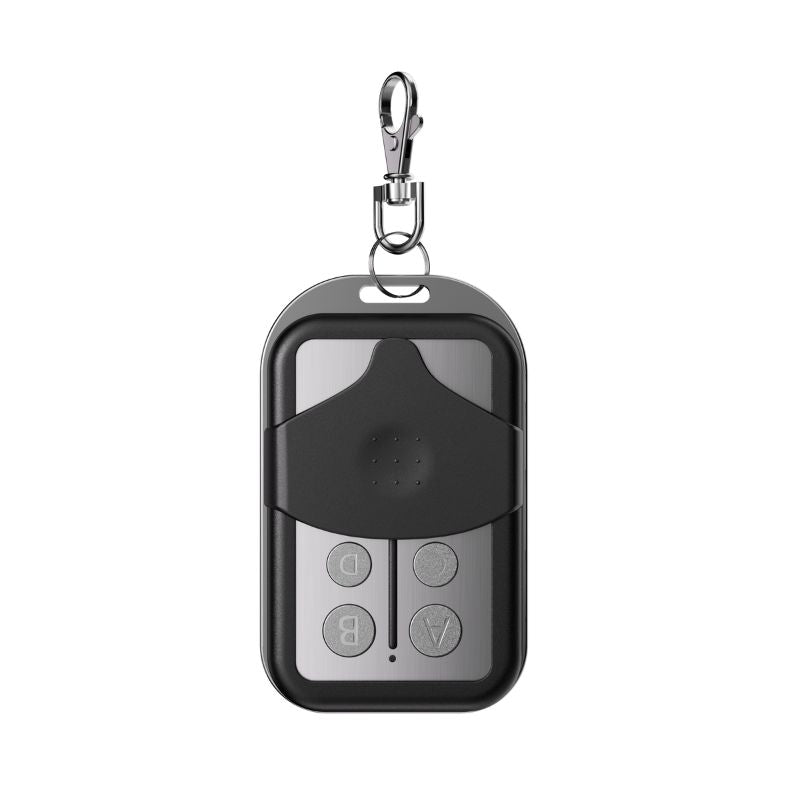Green algae on metal gates looks unsightly but it can also contribute to corrosion if you leave it untreated.
To remove algae from any metal gate, you can use a vinegar solution, bleach solution, commercial algae remover, or a pressure washer. Which of these methods you choose depends primarily on how severe the algae growth is.
- For light to moderate algae buildup on your metal gate, use a white vinegar solution
- For heavy algae infestation, use a bleach solution
- Recurring algae on a large outdoor outdoor metal gate, use commercial algae cleaning solution
- If you have a large metal gate with stubborn algae, use a pressure washer.
Pay attention to the process!
Each method will do the job, but the process of removing the green algae will differ depending on which method you choose. Also, if you are using chemicals, you need to know how to protect yourself and the environment around the gate.
Let's take a closer look at these methods and give you some guidelines on how to clean up your metal gate and get that algae off.
Method 1: Vinegar Solution
A vinegar solution is effective for removing algae on a metal gate if the algae growth is not too severe or established. Vinegar is environmentally friendly, non-toxic, and safe for pets and animals.
How to Use a Vinegar Solution
- Mix equal parts white vinegar and water in a spray bottle
- Spray the solution liberally on algae-affected areas
- Let it sit for 15-30 minutes
- Scrub with a soft-bristled brush or sponge
- Rinse thoroughly with clean water
Setbacks of Using Vinegar Solution
- The vinegar solution might not be very potent during winter when the weather is too cold
- Vinegar removes algae but does not prevent the regrowth of the algae as well as other methods
- Compared to other methods, it takes longer to wash off the vinegar solution
Method 2: Use a Bleach Solution
When it comes to removing algae from metal gates, a bleach solution is best for long-lasting results. It removes the algae quickly and effectively and leaves no stains behind.
- Bleach is highly effective at killing algae quickly
- Bleach is widely available and relatively inexpensive
How to Use Bleach Solution
- Mix 1 part bleach with 3 parts water (1:3 ratio)
- Apply to affected areas using a spray bottle or sponge
- Let sit for 10-15 minutes (do not let it dry)
- Scrub gently with a brush
- Rinse thoroughly with water
Remember to wear protective gloves and eyewear when handling bleach
Setbacks of Using a Bleach Solution
- Bleach can damage certain metal finishes or cause discoloration
- It can be harmful to surrounding plants and grass if utmost care is not taken
- There is a strong odor during the application
- It can contribute to metal corrosion if not rinsed thoroughly
Method 3: Use Commercial Algae Remover
Commercial algae remover is specially formulated for dealing with algae, which makes it better and more effective than homemade solutions, especially if the algae growth is severe.
- It comes with preventative ingredients to discourage algae regrowth
- There are many options for dealing with different types of metal gates.
- It requires less scrubbing effort
How to Use Commercial Algae Remover
- Purchase a metal-safe algae remover from a hardware store
- Follow the manufacturer's instructions for application
- Most products require rinsing after treatment
Setbacks of Using Commercial Algae Remover
- It is more expensive than DIY solutions
- It may contain harsh chemicals
- It may cause damage to the environment
- Also, the leftover product is not so easily stored or disposed
Method 4: Use a Pressure Washer
If your metal gate is large, the best option for removing green algae is to use a pressure washer. Not only does it remove algae quickly and effectively, but it can also clean inside hard-to-reach areas and intricate designs.
- It requires no chemicals
- Removes algae quickly and efficiently
- Effective for large areas, and can clean the entire gate surface simultaneously
How to Use a Pressure Washer
- Use a pressure washer on low setting
- Keep the nozzle at least 12 inches from the gate surface
- Work methodically from top to bottom
- Rinse thoroughly after cleaning
Setbacks of Using Pressure Washer
- A pressure washer can easily damage paint or decorative finishes if pressure is too high.
- It may force water into joints or crevices, potentially causing rust
- It could be expensive to rent
- Doesn't contain additional treatments to prevent algae regrowth
4 Solutions to Remove Algae from Metal Gates: Comparison Table
| Material/Cleaner | Mix/Usage | Pros | Cons | Best For |
| White Vinegar | 1 part vinegar + 1 part water | Natural, eco-friendly, non-toxic | May require extra scrubbing for tough algae | Light to moderate algae buildup |
| Bleach Solution | 1 part bleach + 3/4 parts water | Strong, fast-acting, kills algae & mold | Harsh, can harm plants, paint, and metal if misused | Heavy algae infestations |
| Commercial Algae Remover | Ready-to-use or diluted per instructions | Formulated for algae, long-lasting effect | Pricier, check for metal compatibility | Recurring algae, outdoor gates |
| Pressure Washer (Tool) | Use low-medium pressure | Quick, chemical-free | Too much pressure can damage paint/metal | Large areas, stubborn algae |
Tips to Prevent Algae Growth on Your Metal Gate
Removing algae from a metal gate does not end when the algae is all gone. The last step is to take precautionary motives to ensure that the algae does not regrow. Here are some prevention tips:
- Apply a clear metal sealant after cleaning
- Trim the vegetation near the gate to improve sunlight and airflow
- Consider installing copper or zinc strips at the top of the gate (rainwater washing over these metals creates a natural algicide)
- Clean the gate seasonally before algae has a chance to establish
- Address any drainage issues that may be creating consistently damp conditions
Get a Corrosion Resistant Driveway Gate
Not every gate is vulnerable to algae growth. High-quality driveway gates are specially sealed to be resistant to algae.
These driveway gates from Zumi are crafted from hot-dip galvanized steel, and are sealed with a corrosion-resistant coating, these iron gates are built to handle anything Mother Nature throws their way.
- Also, they are perfectly compatible with Zumi swing gate openers, in case you later decide to upgrade to an automatic gate.
- Installation is a snap with pre-drilled holes, all the hardware you need, and easy-to-follow instructions.
Boost your home's charm and value with these eye-catching driveway fence gates that provide both beauty and functionality! Check out 14 driveway gate ideas for 2025


